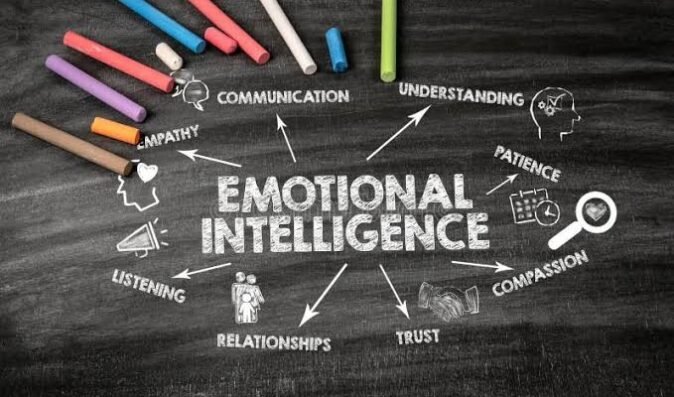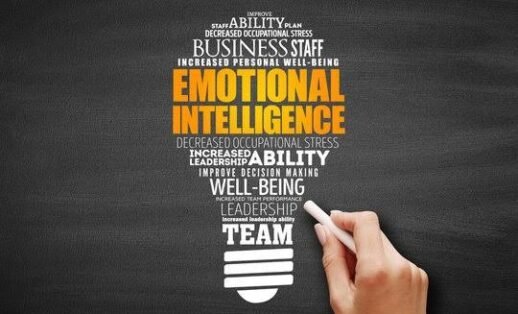Women Are Too Sensitive? Understanding Emotional Intelligence
The idea that women are “too sensitive” is a stereotype that has shaped how society views women’s emotions. This label often overlooks the value of emotional awareness and understanding, qualities that are part of emotional intelligence (EI). But what does science say about sensitivity and EI? And how does emotional intelligence benefit everyone—regardless of gender?
This article explores the truth behind the stereotype and highlights the importance of emotional intelligence in today’s world.
Why People Say Women Are “Too Sensitive”
The stereotype that women are more emotional or sensitive than men has deep roots in history and culture. For centuries, emotions were seen as a weakness, especially in professional or leadership settings. Traits like empathy, compassion, and emotional expression were labeled as “female” and wrongly seen as signs of being less logical or capable.
In reality, sensitivity is not a weakness. It’s often a sign of emotional intelligence—the ability to recognize, understand, and manage one’s own emotions and those of others.

What Is Emotional Intelligence?
- Emotional intelligence (EI), a term popularized by psychologist Daniel Goleman, includes:
- Self-awareness: Recognizing your own emotions
- Self-regulation: Managing your emotions in healthy ways
- Empathy: Understanding how others feel
- Social skills: Building good relationships
- Motivation: Using emotions to guide positive actions
Research shows that emotional intelligence is not tied to gender. Both men and women can develop and use emotional intelligence (Petrides et al., 2004, Personality and Individual Differences).
What Science Says About Women, Men, and Emotions
Many studies have looked at emotional intelligence and gender. A 2016 study published in Frontiers in Psychology found that women tend to score higher on measures of empathy and interpersonal EI. This doesn’t mean women are “too sensitive.” Instead, it suggests that women may be more skilled in recognizing and responding to emotions in social situations.
Meanwhile, men may show strength in managing their own emotions or staying calm under stress. Both of these traits are important parts of emotional intelligence.
In short, EI strengths vary by person, not gender. The idea that women are “too sensitive” ignores the valuable emotional skills that contribute to leadership, teamwork, and well-being.

Why Emotional Intelligence Matters
Emotional intelligence is not just about feelings—it’s about success in life and work. People with strong EI tend to:
- Handle stress better
- Communicate more effectively
- Resolve conflicts peacefully
- Build stronger personal and professional relationships
In the workplace, studies show that leaders with high emotional intelligence create healthier, more productive teams (Goleman, 2013, Harvard Business Review).
Breaking the Stereotype
Labeling women as “too sensitive” is unfair and unhelpful. It discourages emotional openness and can silence valuable voices, especially in places like the workplace or politics.
Here’s what helps instead:
Value emotional intelligence in everyone. EI is key to good leadership and collaboration.
Teach EI skills early. Boys and girls benefit from learning how to understand and manage emotions.
Challenge old beliefs. Emotions are human, not gendered.
FAQ
Q1: Are women more emotional than men?
Not exactly. Research shows both men and women experience emotions deeply. Women may express emotions differently or be more attuned to others’ feelings.
Q2: Is emotional intelligence more common in women?
Some studies show women score higher in empathy, but both men and women can develop high emotional intelligence.
Q3: Does sensitivity mean weakness?
No. Sensitivity often reflects emotional awareness and empathy—both strengths, not weaknesses.
Q4: How can emotional intelligence help in the workplace?
It improves communication, teamwork, leadership, and helps handle stress and conflict.
Sources
Petrides, K. V., & Furnham, A. (2004). Gender differences in measured and self-estimated trait emotional intelligence. Personality and Individual Differences, 36(3), 719-729. https://doi.org/10.1016/S0191-8869(03)00102-8
Goleman, D. (2013). The focused leader. Harvard Business Review.
Thompson, R. J., et al. (2016). Emotional intelligence and gender. Frontiers in Psychology, 7, 1056. https://doi.org/10.3389/fpsyg.2016.01056



